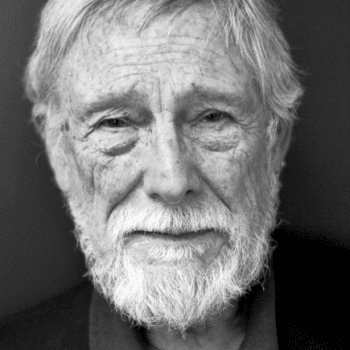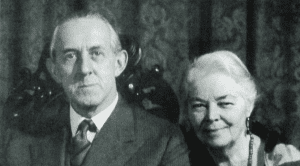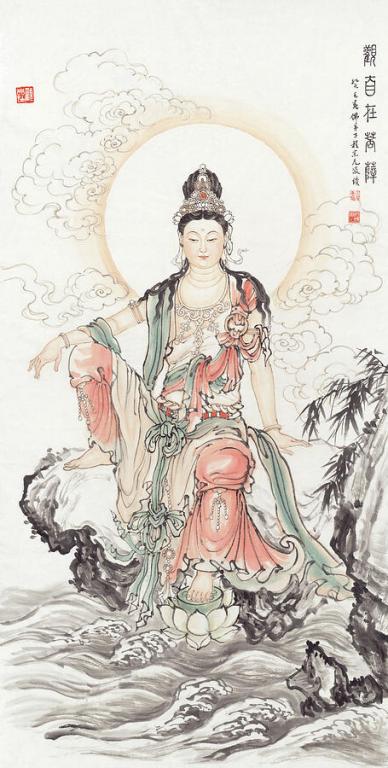Buddhism.
Buddhism is a subject dear to my heart.
And. Words matter. Although…
“’When I use a word,’ Humpty Dumpty said, in rather a scornful tone, ‘it means just what I choose it to mean—neither more nor less.’ ‘The question is,’ said Alice, ‘whether you can make words mean so many different things.’ ‘The question is,’ said Humpty Dumpty, ‘which is to be master—that’s all.’”
For me, right here, the word in question is Buddhism.
And to what degree there is a definition beyond what one might feel about it.
A very dear friend of mine after returning from years of monastic practice in Japan has lately taken to referring to her spirituality as “Buddhist adjacent.” I’m quite taken with that term, for a number of reasons. Not least of which is its attempt at reaching for an intellectually honest statement of what she holds as true. At least in this moment.
In my life there’s always a certain fluidity to any assertion about what I believe. I’ve found no blanket statement can quite capture the nuances of my heart and my thinking about what my heart has found. Still, I try.
And I find how I return over and over to Buddhism.
I’ve devoted a lot of my thinking about Buddhism in recent years to the range of what appears to be emerging as “modernist Buddhism,” or, sometimes, “Buddhist modernism.” It encompasses a range of approaches to the Buddha way marked in varying degree by rationalism and naturalism. Functionally it encompasses Western philosophical categories that include “modernism,” “post modernism.” and especially “relativism.”
What I’ve noted is how within the range of Modernist Buddhism, there is that “s,” a lot of different Buddhisms. Of course, Buddhism, writ large, is some five hundred years older than Christianity. And, it never had a central authority comparable to Rome within Christianity. So, the simple reality is there are in fact multiple Buddhisms. A lot of different Buddhisms. And the modernists, add a few more to a very long list.
So, is there within the great mess a “real” Buddhism, a “true” Buddhism? Or, even a “base-line” Buddhism. And how would one define this? Are you inclined to try and find the actual teachings of the historic Buddha? If so, I think the only school that makes a serious claim in that direction is the Theravada. Which, frankly, has some problems supporting that view. That noted the Way of the Elders is a powerful tradition, and worth a deep investigation, even a whole life, at least as I see it.
Or. Perhaps you want a “mature” reflection on the original insights, a tradition that has marinaded for generations and has generated perspectives based in the “original” teachings, but clarified and focused? Then the Mahayana makes a serious claim to your heart. And, I recommend this. Although it needs to be noted within that broad category of “great vehicle,” there are numerous subsets. And, I would add, not all offering obviously related teachings.
For instance there’s the Pure Land. It is something amazing, powerful, compelling. The Zen philosopher and first interpreter of Zen to the West, D. T. Suzuki, in his old age seemed to gravitate to several aspects of the Pure Land, which is called Shin in Japan. Me, as I age, I’m feeling similar pulls of the heart way the Pure Land offers.
One among these variations within the Great Way is sufficiently large that some scholars separate it out as a third school, the Vajrayana. And it does have unique qualities, some of which can be traced to the introduction of Tantric philosophy into Buddhist teachings. Many have found the Tibetan schools deeply moving. And, it is.
And, of course, there are the various modernist Buddhisms.
Of course the school that most resonates with my heart is Zen. And, it doesn’t matter to me that Zen Buddhism emerges in early medieval China and that at least in part if appears to derive some of its style from Daoism sobered with a generous dash of Confucianism. It doesn’t matter to me that the mature form of my primary spiritual disciplines, just sitting emerges in a clearly defined way in the twelfth century, and koan introspection until the eighteenth century.
But, with this, whatever else is true, is there anything one “must” believe to be a Buddhist? An intellectually honest claiming of that term?
I am swayed by the assertion that we are what we say we are. And I am hesitant to tell anyone who says they belong to a camp they don’t. But, well, with apologies to Humpty Dumpty, words do matter. And they’re not completely subjective.
Zen is nestled very much within Buddhism, and for me, at least, as with, I’m confident, the majority, if not all, definitely not all Zen practitioners; seeing Zen as Buddhist is important.
I was recently in Bhutan. One of our leaders cited the Vajrayana master Jamyang Khyentse, the author of a book from a couple of years ago, What Makes You Not a Buddhist. I haven’t read it, although I did read his essay based on the book, “What Makes You a Buddhist.”
The Rinpoche asserts four principles that describe Buddhism, and if one does not believe them, then that person is not a Buddhist.
They are, as he phrases them: 1) All produced things are impermanent 2) All contaminated things are suffering 3) All phenomenon are empty and selfless 4) Nirvana is peace
I actually think he’s right. These capture the unique perspectives that define Buddhism, at least writ large.
I believe the words “contaminated” and “suffering” need a little attention. But, I think think this can be done without damage to the basic points. Personally, I would substitute compounded for contaminated. The point as I understand it is that everything made of parts (and what is not?) will come apart, and that grasping at such things as if they’re permanent or whole or unchangeable brings about a sense of dis-ease, unsatisfactoriness, hurt, sadness, suffering, anguish. Each word pointing to this sense captured in the technical term dukkha.
As to Nirvana is peace. That too needs a little unpacking in that as a Zen Buddhist this is where we come to that Heart Sutra line at the center, heart if you will, of the Zen way.
“Form is emptiness, emptiness is form.”
Here the identity of form and emptiness of samsara and nirvana cannot be ignored, and it is in fact the deep insight into this that is awakening. So, this peace that is nirvana also includes all the hurt of the world.
I thought it interesting that in this list the doctrines of karma and rebirth are not included. But, perhaps assumed? In the article rebirth is mentioned twice. And post mortem existences seem implied. Personally, I believe any forthright examination of what is and what is not Buddhism, or, what it is one “must” believe to call oneself a Buddhist, must touch on these points. Me, I know this is where my orthodoxy starts getting a bit shaky.
In classical Buddhism karma is all about intention. And those intentions are what directly lead to rebirth, and the normative view has been that “rebirth” refers to post mortem reanimation.
Out of respect for the tradition I try to maintain an agnostic view in this regard. But. I’ve noticed agnosticism tends to lean one way or another. So as regards a subject like theism an agnostic might lean toward theism or atheism while professing not knowing. In regard to theism I lean toward the not very likely. In regards to karma and rebirth taken in those classical ways, I’m agnostic but lean heavily against the view.
Rather for me karma describes the connection of an action or thought to its consequences. And within that unity of action or thought and consequence, rebirth describes the shift or immediate result of any given action or thought within, at least, a human being. I am because of what I was and I will be because of who I am – all right here, in each moment.
What is interesting is that these issues, as important as they are, are not what he lists as critical to anyone claiming to call themselves a Buddhist. And, I suspect that’s an important line. If we take the four assertions, whatever else follows, we are all within the Buddha family.
Still. Next, there are the moral codes, the precepts. Some would include how we interpret them to fall within at least orthodox and heterodox, if not whether one is or is not a Buddhist. The original conversation with my friend turned on how Tibetans in general understand the refraining from inappropriate sexual acts. For the most traditional understanding this means no sex that isn’t for purposes of procreation. With all the fall out that has for homosexual persons…
Me. I have a very strong reaction to this. I find that view ridiculous and body-hating and a shadow of Buddhism writ large. It is part of a Buddhist perspective that needs to be challenged from within the community, as damaging to the wholeness to which we are genuinely called by our tradition. I believe the only appropriate way of understanding the precepts regarding sexuality turn on respect and care and mutuality. Missing this is missing how we engage with open hands the matter of life and death.
I assert these positions I hold are Buddhist, if a liberal Buddhist.
Others, I know, think this means I am not a Buddhist. Or, at best, a marginal Buddhist.
But then many Buddhists think the same about Zen Buddhists in general.
The upshot is probably, while quite important, the question of who and who is not a Buddhist is going to remain ambiguous. The deal, as I see it, in a sort of bottom line way is not Buddhism, but Buddhisms…
And, me, I’m comfortable with that.













